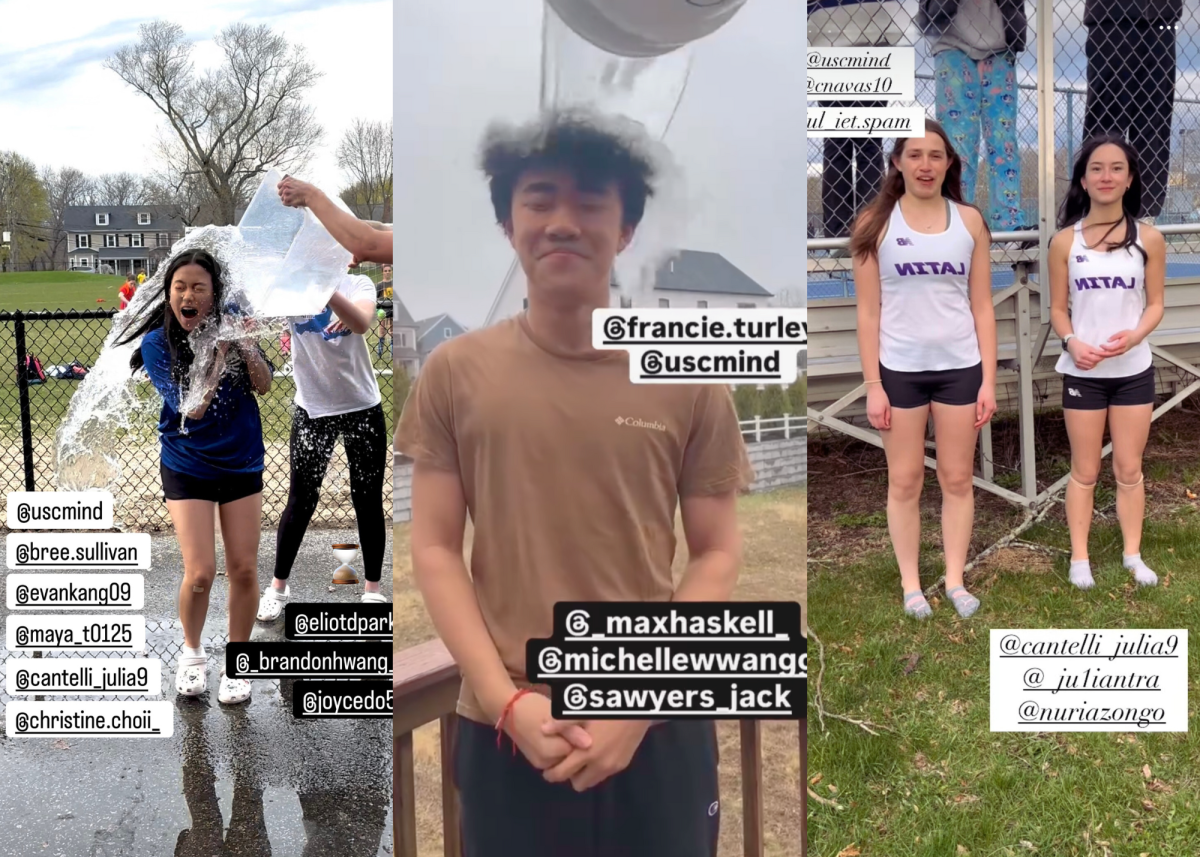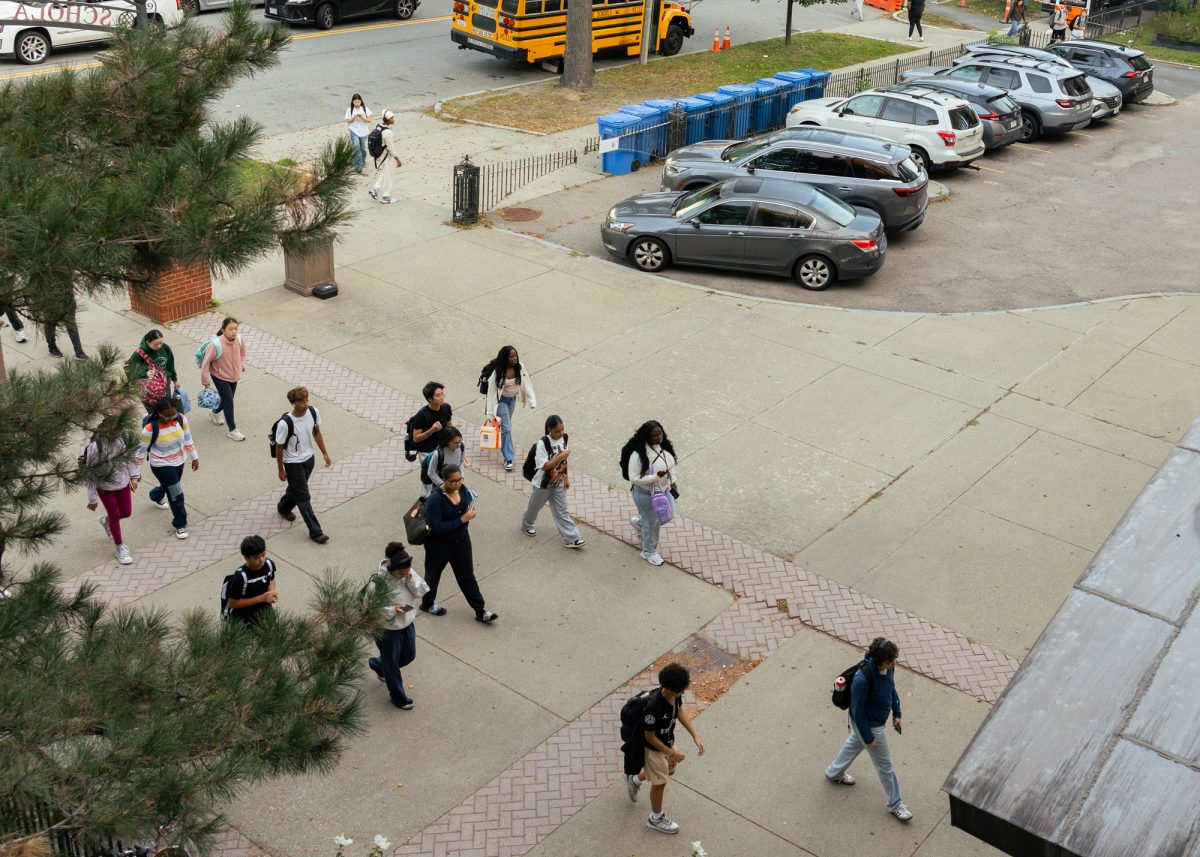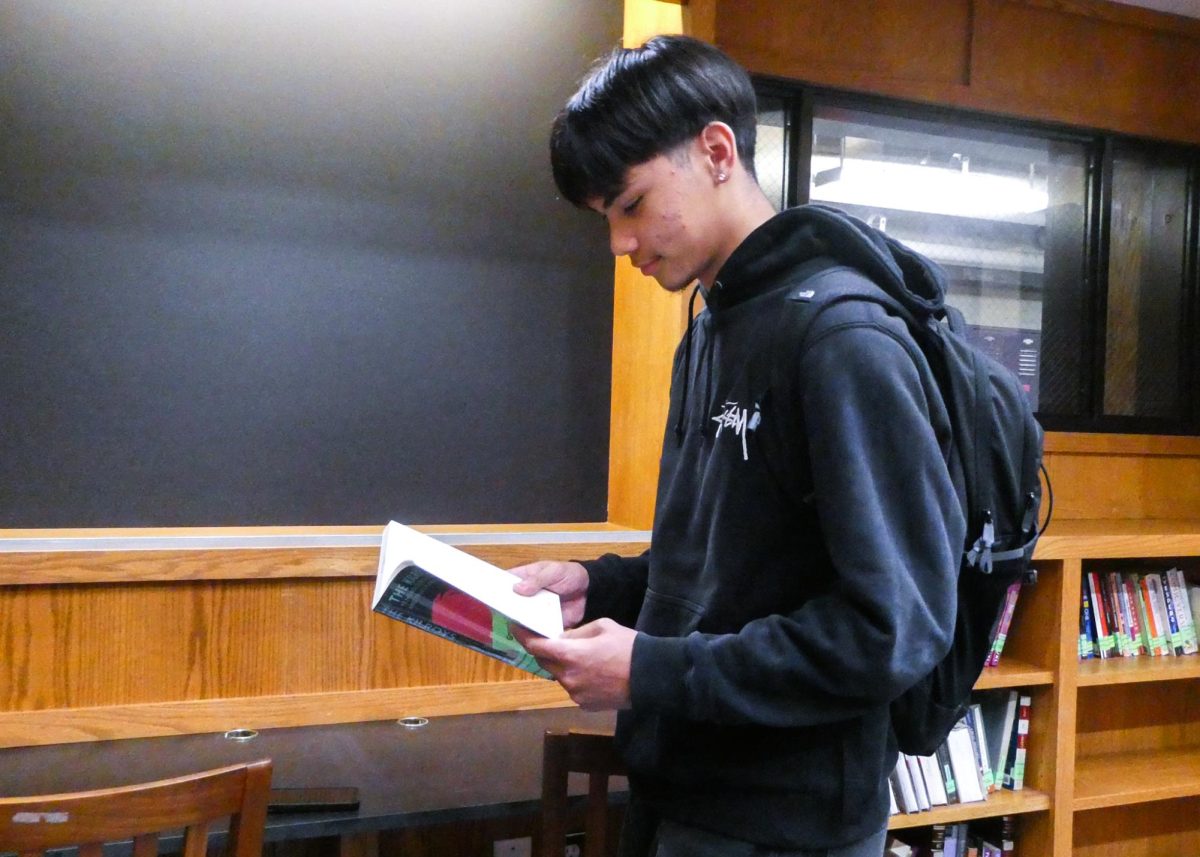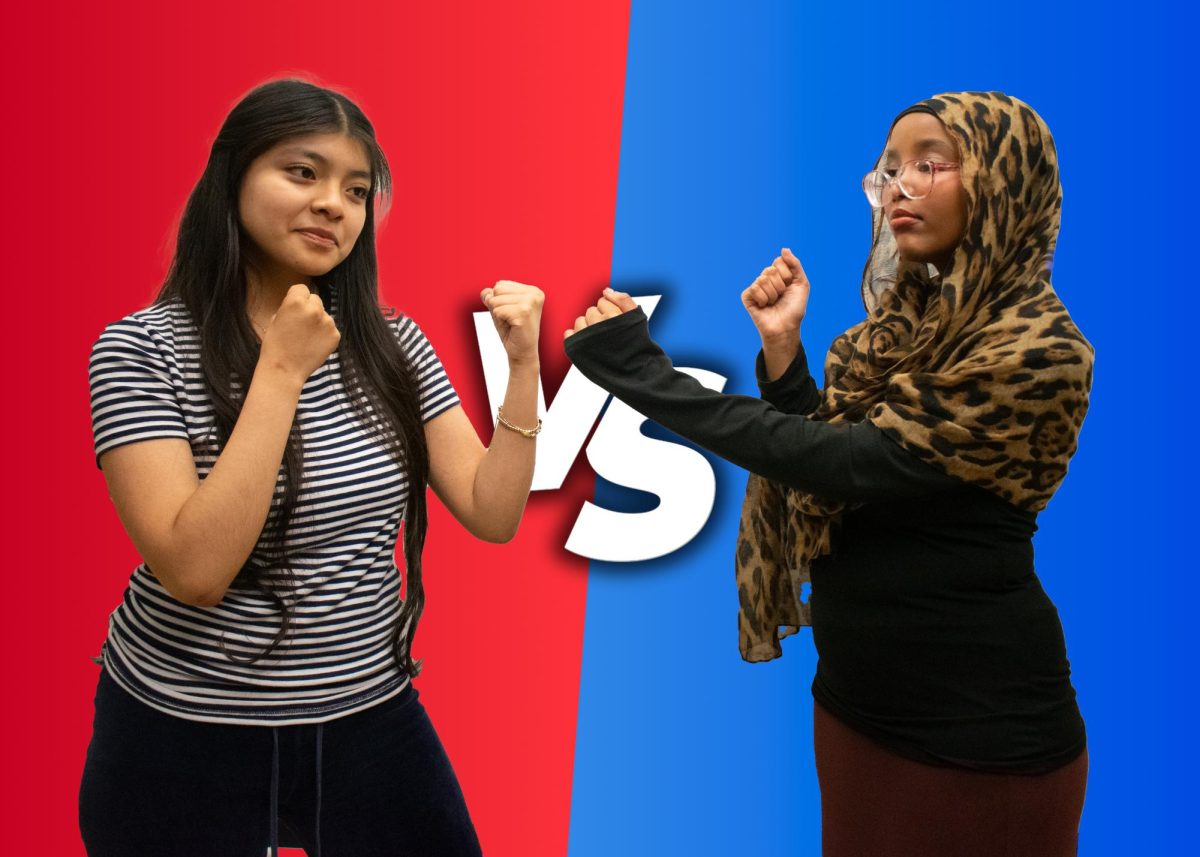A red circle outlines your friend’s profile picture on Instagram — a new story. You tap on the circle, watching them state their name, nominating three more of your friends and then pouring a bucket of ice water on their head. You continue to tap through another person’s story. The same new trend. It is everywhere. Students, friends and even influencers are participating in this newfound mental health challenge known as the University of South Carolina (USC) Speak Your Mind Ice Bucket Challenge. Even though this challenge has been a trend across America, with the goal of promoting mental health awareness, it fails to spread mental health awareness and make a lasting impact.
The USC Ice Bucket Challenge was inspired by the previous Amyotrophic Lateral Sclerosis (ALS) Ice Bucket Challenge that went viral in 2014, raising over 115 million dollars for the ALS Association. The ALS Ice Bucket Challenge had a clear message: the water thrown on the person represented the paralysis caused by ALS, since the cold temperature tends to make people freeze. The USC Ice Bucket Challenge was created for a similar purpose: to help raise awareness for mental health. Many were motivated to do the challenge for a range of reasons. Michelle Du (II) says, “As someone who has struggled with mental health, […] I wanted to spread awareness but in a way that was very fun.”
The challenge, however, has begun to lose its main message, with the goal now being to keep up with the latest trend. Many participants have lost sight of what the trend was created for: educating oneself and others on the critical problems regarding teen mental health. People everywhere are participating in this trend simply due to a fear of missing out and posting themselves. Alixmel Valdez (II) believes that “dumping ice on yourself could spread awareness […], but some people just do it for fun.” More people seem to be focused on the stunt of pouring water and nominating people than the cause the trend is trying to promote.
The USC Ice Bucket Challenge being primarily on social media has made it even less impactful. Apps like Instagram and TikTok, where stories only last 24 hours, are less effective when it comes to making the trend more informative. Boston Latin School Health Education teacher Ms. Leah Lipschitz emphasizes, “Students and schools could promote a more lasting impact by providing space for authentic conversations consistently, as well as creating time for classes and services that help promote positive mental health.”
Many people argue that any awareness is better than no awareness at all; having unaware teens participate in this challenge without recognizing the purpose, however, diverts the trend from its true goal. This challenge had the potential to educate teenagers across the world, but as it becomes another dead trend that leaves us scrolling, it is no longer helps spread mental health awareness.
The USC Ice Bucket Challenge should be refined. It is critical to measure the actual impact of the trend through increased support, discussions and resources for mental health. A call to action is clearly missing from this challenge. Further actions, such as sharing personal stories, resources or even a fun fact about mental health to help others, would make the trend more meaningful. The lack of information in the trend makes it too simple for anyone to participate or view without learning anything about mental health. So the next time you are tagged in a post like this, ask yourself: what can I add to this to really make an impact?
Categories:
Ice Bucket Take Two: Mental Health Ver.
By Hiba El Fatihi (III), Staff Writer
June 24, 2025
0








